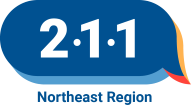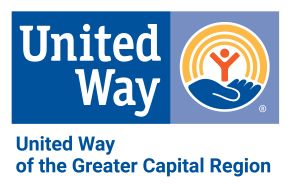Albany County Crime Victim and Sexual Violence Center
Offers a range of services to emotionally and physically injured crime victims in Albany County. Services are available to anyone of any age who has experienced a sexual assault or other interpersonal crime at any time in his or her life, or who has been affected by someone else’s crime. Provides advocacy with the criminal […]


